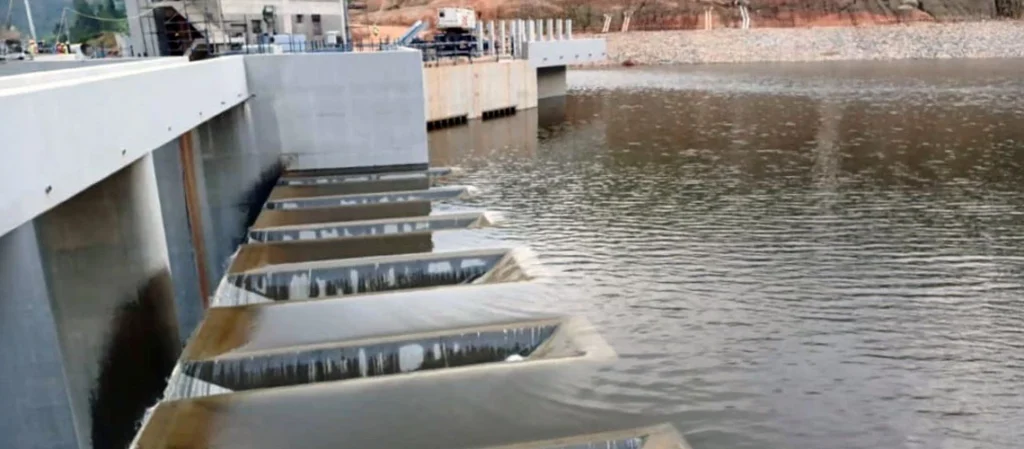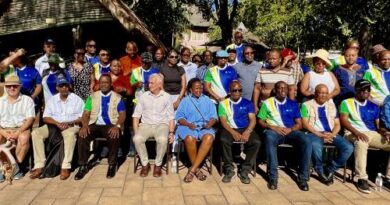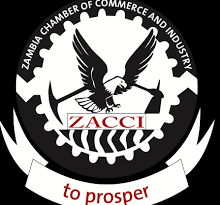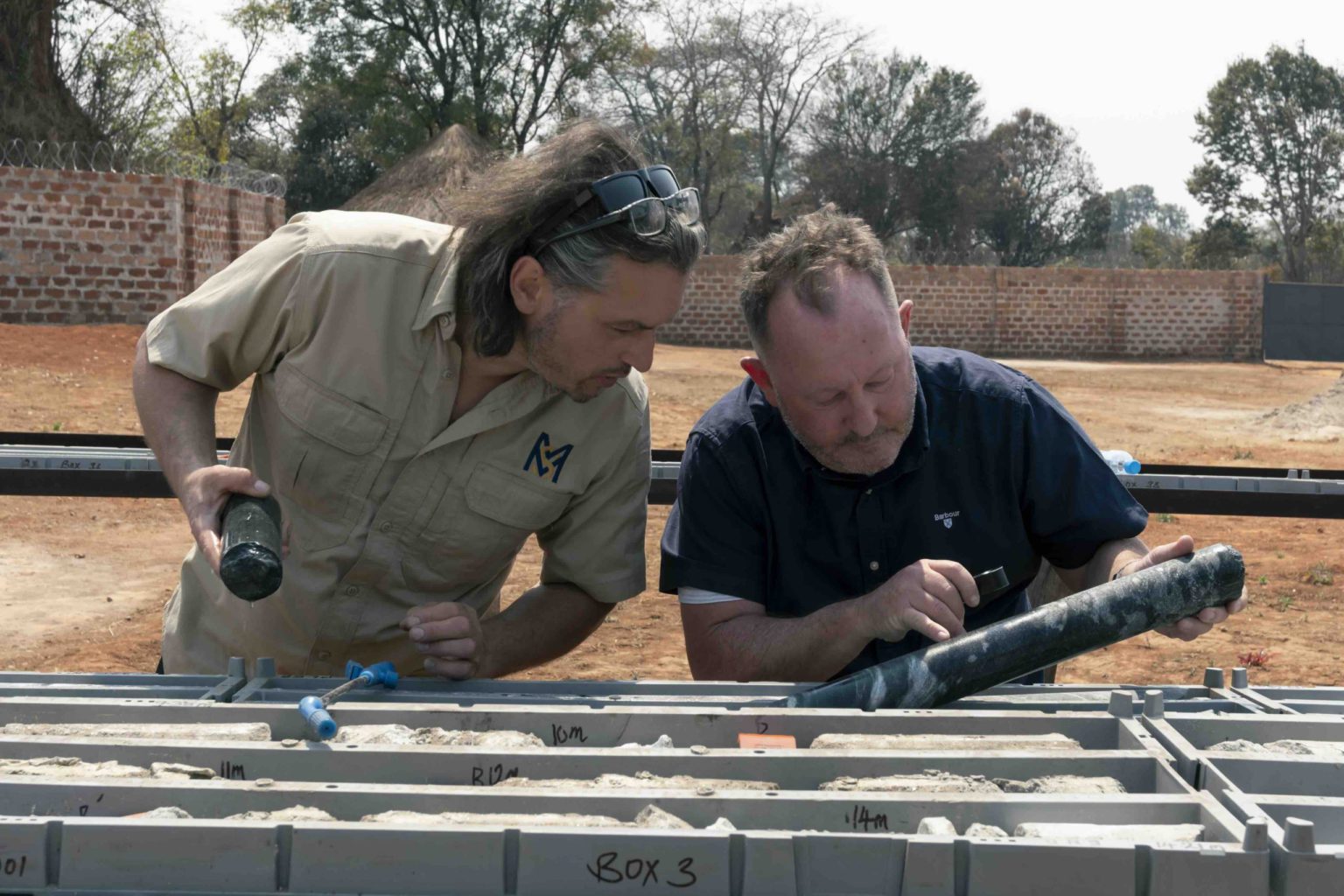Burundi Boosts Sustainable Energy with Jiji and Mulembwe Hydropower Plants
Burundi has made a historic advance in its pursuit of sustainable energy with the completion of the Jiji and Mulembwe Hydropower Project, a major infrastructure milestone set to transform the country’s electricity sector.
Located in Bururi Province, the two modern run-of-the-river power stations are expected to increase national energy capacity by 25 percent, reduce reliance on fossil fuels, and stimulate new economic opportunities.
The plants have a combined capacity of 49.5 megawatts, with Jiji generating 32.5 megawatts and Mulembwe 17 megawatts. They will add 235 gigawatt-hours of clean energy annually to Burundi’s grid.
This development raises the country’s total installed capacity to nearly 200 megawatts and is a key part of Burundi’s Energy Compact under Mission 300, a World Bank and African Development Bank initiative to expand electricity access to 300 million people in Sub-Saharan Africa by 2030.
Albert Zeufack, World Bank Country Director, said, “This is a turning point for Burundi. Beyond electrification, it unlocks potential in industry, education, healthcare, and livelihoods.”
Co-funded by the World Bank, African Development Bank, European Union, and European Investment Bank, the project has already created over 1,900 full-time jobs during construction as well as many indirect jobs. The electricity generated is expected to serve 15,000 households, 7,000 commercial clients, and 1,700 industrial users, helping sectors previously limited by unreliable power.
The project overcame numerous challenges such as political unrest in 2015, the COVID-19 pandemic, foreign currency shortages, and geological risks. The government, through the national utility REGIDESO and with support from international partners, has ensured the plants’ successful completion.
The infrastructure includes five substations and transmission lines that will integrate electricity into the national grid and improve supply reliability.
Over the past five years, electricity access in Burundi has more than doubled from 12 percent to 26 percent but still lags behind the Sub-Saharan Africa average of 51 percent. Rural areas face a greater challenge with only 2 percent access. The hydropower project aims to address this gap and boost broader social and economic development.
Hawa Cissé Wagué, World Bank Resident Representative in Burundi, said, “The commissioning of these plants is just the beginning. The next step is efficient distribution through the upcoming ASCENT program.”
A local Burundian elder shared the saying “Akagumye bagumako”, meaning you do not quit in difficult times when the work is worth it. With turbines now running and valuable lessons learned, Burundi moves closer to a greener and more inclusive energy future.



